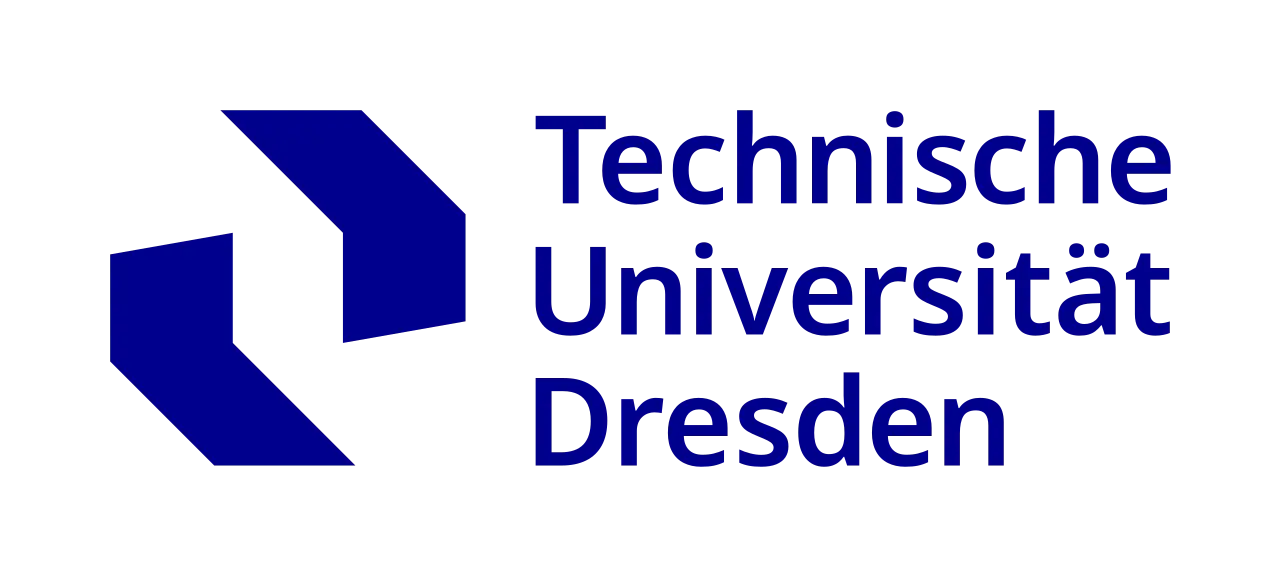Start a German university after college at home!
High-quality education and a secure future for your child.
Benefits of Studying in Germany
Germany hosts 300,000+ international students; around 40,000 come from CIS countries.
Why Germany after college
Admission after a vocational/college background comes with clear benefits — and specific rules.
Freedom of choice
In Germany, programme title and curriculum matter — they signal employability to future employers.
To pick the right track, try our Career Orientation.
Paid programmes with guaranteed entry
Public routes are competitive. Foundation/private Studienkollegs may offer guaranteed transfer to partner universities when conditions are met.
Learn more about guaranteed admission programmes.
Want the full picture of admission after college? Join our webinar!
Register for a free session: pathways, benefits, requirements and practical steps to succeed.
Admission pathways
Options differ mainly by how long you study at a home university first.
STUDIENKOLLEG
After around 1 year at an accredited home university, most applicants complete a 1-year Studienkolleg in Germany (German-taught; related track).
Apply to Studienkolleg Learn moreBACHELOR
After roughly 2 years at an accredited home university, you may apply directly to a related Bachelor in Germany (German and/or English, depending on programme).
Apply for Bachelor Learn more
Unsure which path fits? Book a consultation!
Unsure which path fits? Book a consultation!
FAQ
Clear answers about German university admission after college.
Questions about our support
Do you sign a formal agreement?
Can you guarantee admission?
Guarantees for public, tuition-free programmes aren’t possible due to competition. Foundation/private Studienkollegs may offer guaranteed progression when conditions are met.
What are the typical deadlines?
Many students have already enrolled in Germany — we’ll help you get there too.
Book a consultation today and we’ll map the most effective route after college.










